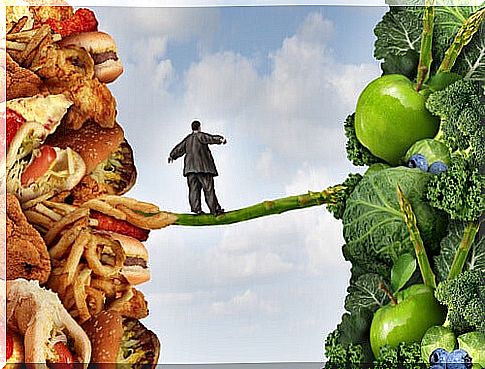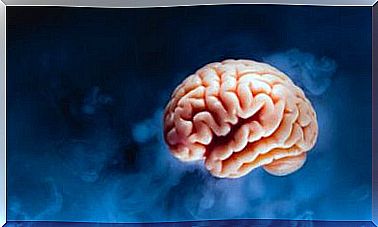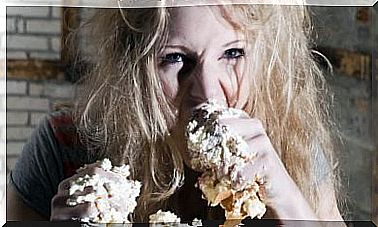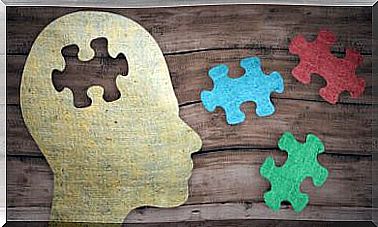Stress And Poor Nutrition

Stress is a problem in itself, but stress can sometimes also lead to unhealthy life patterns. It becomes a vicious circle where you eat poorly because you are stressed.
The number of people suffering from stress as well as nutritional deficiencies and poor eating habits continues to increase. When we are under great pressure and stress, we tend to choose foods with poorer nutritional value, such as foods with very refined sugar and saturated fats. These unhealthy food choices can cause more stress in the long run, as well as other health problems.
One way to regulate stress is to pay attention to your nutritional intake. Below we list common, unhealthy eating habits that are related to stress. If you recognize and can control them, you will be able to regulate your stress levels or at least prevent them from rising.
1. Drinking too much coffee
Coffee is a powerful stimulant that makes us feel full of energy, and also helps to combat fatigue and drowsiness. But coffee has a profound effect on the body and is a potentially addictive beverage.
Coffee has benefits when consumed in moderation, but it has been shown that caffeine abuse increases stress. Caffeine is also found in tea, certain soft drinks, energy drinks and chocolate.
Caffeine increases the levels of cortisol – the stress hormone – which can produce headaches, palpitations and nervousness.

2. Eating foods that increase cortisol levels
Coffee is not the only thing that increases your cortisol levels. Refined sugar and simple carbohydrates do too. Foods rich in saturated fats and trans fats can also cause high cortisol levels. These fats are often found in snacks and fried foods.
In large quantities, animal protein, such as red meat, cheese and fatty dairy products, can cause an imbalance in cortisol levels. To keep them in check, it is better to choose complex carbohydrates that are rich in fiber as well as foods that are very monounsaturated and polyunsaturated fats.
3. Skipping meals
Many people skip meals when they are under stress, which of course is bad for their nutritional intake. But eating is also fundamental to controlling stress. Through food, you will get in you nutrients and the energy required for you to function as you should. As we have seen, however, you can not eat anything.
For many people, their excuse for not eating is that they have too much to do. Stopping to eat, however, is an act that in itself causes the body and mind to relax, which relieves accumulated tension.
One way to eat healthy without complicating life is to drink green, energizing smoothies. They are simple and quick to prepare and provide energy and nutrients that are easy to absorb.

4. Not to drink water
Drinking water is vital for the body and brain to function. But in addition to just fulfilling this important function, water also has an important effect on stress. When we stop to drink water, a message of calm is sent to the brain.
If you have time to stop to drink, it means that there is no danger of someone sneaking up behind you, and it makes your mind relaxed.
5. Eating compulsively
Eating compulsively and emotionally is another reaction to stress, especially if you have been walking for a long time without eating or drinking water.
When people eat emotionally, they tend to choose unhealthy foods that are rich in fat and calories. To avoid this, always have healthy alternatives available to satisfy your hunger – especially fresh fruit and water.
Poor nutrition intake not only affects stress levels, but also leads to low immune system and other serious health problems. If you eat well, you will reduce your stress and get better mental and physical health.









